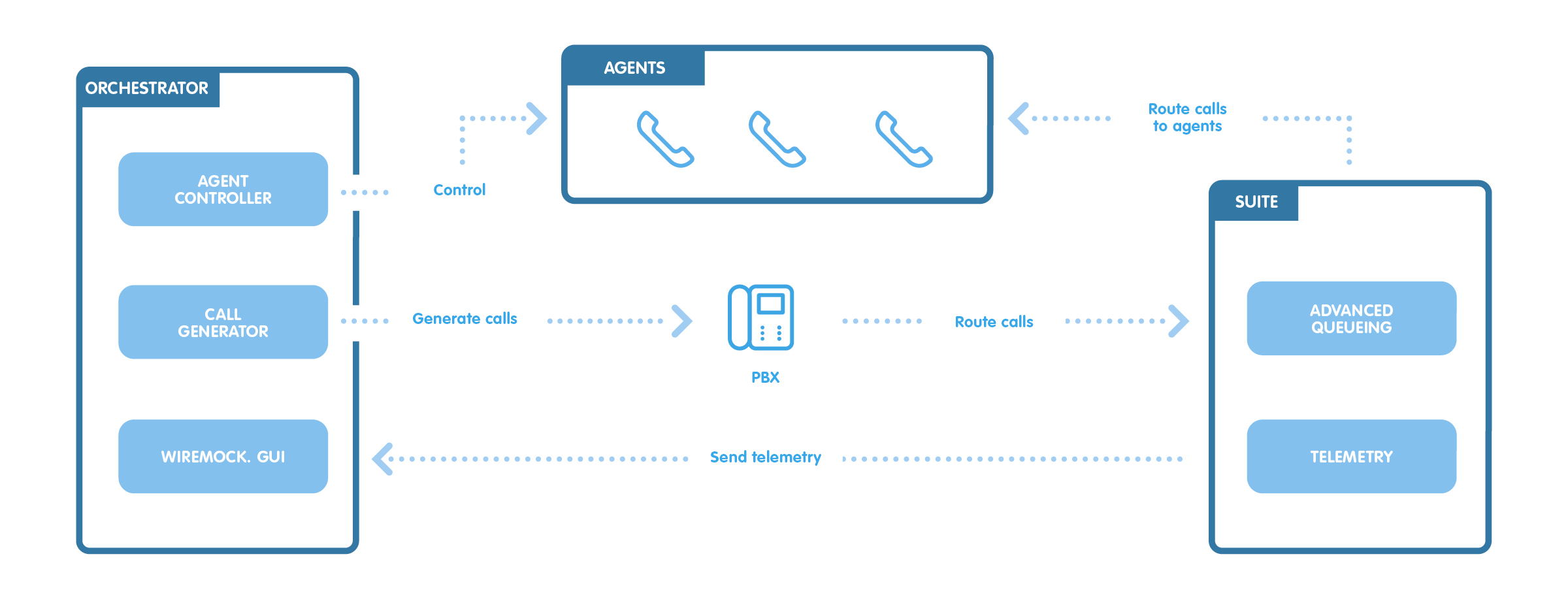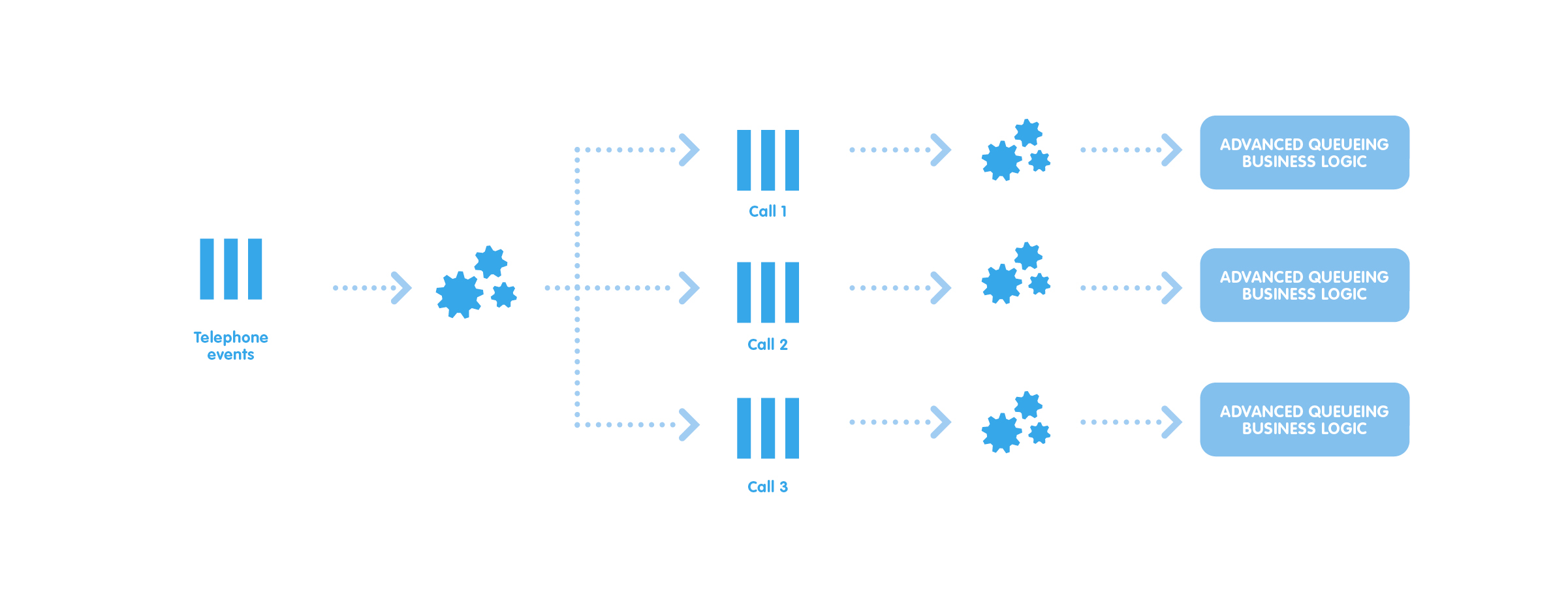Brochure
Imagicle for Webex Calling: AI-powered Apps to Elevate your Calling Platform.
Regardless of businesses' starting point, scalability has become an essential requirement for any customer who wants to grow over time. I'm Italo, Software Engineer at Imagicle, and in this post, I'll tell you (with some tech-specs!) how we worked to expand the capabilities of Imagicle Advanced Queueing, making one of your top Customer Service apps even more powerful.


 Registrieren
Registrieren
0 Kommentare